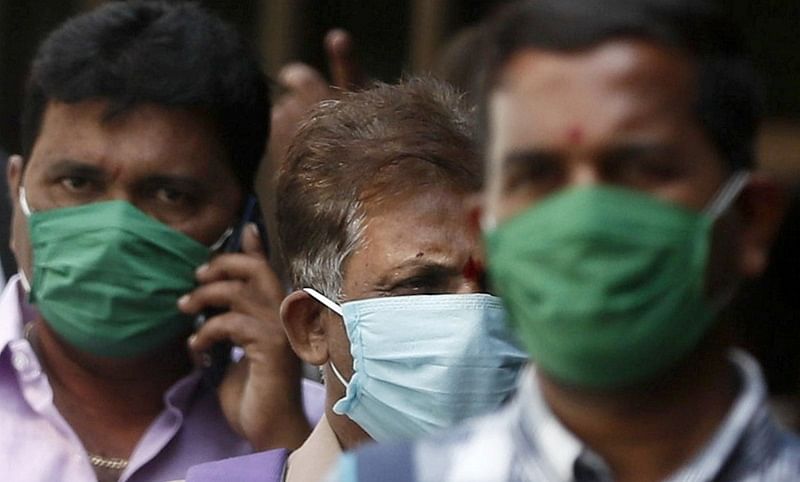
COVID-19 patients including high-profile ones dodging the health check at the airport and skipping the home quarantine remain a major worry of the Indian public health administration fighting the virus.
From the son of a senior bureaucrat in West Bengal to a British tourist at Munnar and a gang of four riding a train in Gujarat – there are several examples of people bypassing the screens to expose others to potential risks.
The bureaucrat's son was finally put in an isolation ward but not before he spent time with his family, including two house helps and visited a mall. Her mother accompanied her to the government hospital and later attended the office.
Now his parents – father is a doctor – and other government officials with whom the mother had official meetings are under home quarantine.
On the other side of the country, four Germany-returned persons were deboarded from a train in Palghar as they had flouted norms. They had home quarantine stamp on their hands, still, they were defying the protocol and heading to Surat.
“People are not taking the disease seriously since the caseload in India is still low. But it could be a misconception and the messaging from the health ministry could be more aggressive,” Oomen John, a public health researcher from the George Institute for Global Health told DH.
Other prominent cases include a British tourist at Munnar, who escaped the surveillance and boarded the aircraft, wife of a Bengaluru techie and a Kerala family, who bypassed the screening at the airport and mingled freely in the society infecting others. India reported 151 cases so far out of which 134 are active.
There are worries that one of such breaches may trigger a situation equivalent to the infamous 31st of South Korea.
In South Korea, the first confirmed case was reported on January 25 and everything was systematic for the first 30 cases. For 10 days, the 31st patient (a lady) travelled to crowded places, attended a church service, had lunch in a restaurant and was involved in an accident.
The Korean Centre for Disease Control and Prevention now traced hundreds of cases linked to the 31st patients.
“Conception of self-quarantine and isolation are new to India and there is a lack of awareness,” said John.
The social media pictures and videos of dirty quarantine facilities offered by the government may also influence people to dodge the health system.
Union Health Minister Harsh Vardhan on Wednesday directed the officers to regularly inspect and monitor the quarantine facilities to ensure that necessary amenities and facilities are being provided with the aim of improving them.
